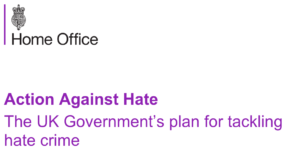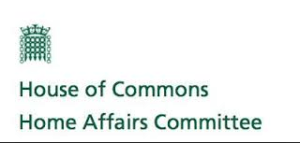
Since 2015 the Network of Sikh Organisations (NSO) has been lobbying to get parity for all faiths when it comes to the government’s existing ‘Abrahamic-centric’ hate crime policy.
During this time, we have achieved a number of important milestones:
- Uncovering through FOI significant numbers of non-Muslims are recorded by forces like the MET under the ‘Islamophobic hate crime’ category (data for 2015/16)
- Commitment from ministers that religious hate crime figures will be disaggregated from April 2017
- Submission of written evidence to the Home Affairs Committee inquiry into hate crime and its violent consequences (2017/18)
- Submission of written and oral evidence to the APPG on British Muslims inquiry into a working definition of Islamophobia/anti-Muslim hatred (2018)
- Articles (news and opinion editorials), letters and radio interviews in the mainstream media including the BBC, The Telegraph, The Spectator, The Daily Mail (since 2016)
- A clarification from the Evening Standard on an article to make sure it acknowledged statistics included non-Muslims, who also face ‘Islamophobia’ (2018)
- A complaint to the Guardian to correct an article to include non-Muslim victims which was reported on by the Press Gazette (2018)
- Our Director has raised the issue in several debates in the House of Lords and in correspondence with ministers. (2015 onwards)
- Engagement with senior officers in the MET police to highlight concerns about recording and reporting (2018)
- Engagement with Her Majesty’s Inspectorate of Constabulary and Fire & Rescue Services (2018)
- Commitment from government in early 2017 to help Sikh and Hindu communities report hate crime through True Vision portal. (2017)


 The Home Affairs Committee inquiry into hate crime and its violent consequences have published our second piece of written evidence which can be viewed
The Home Affairs Committee inquiry into hate crime and its violent consequences have published our second piece of written evidence which can be viewed 
